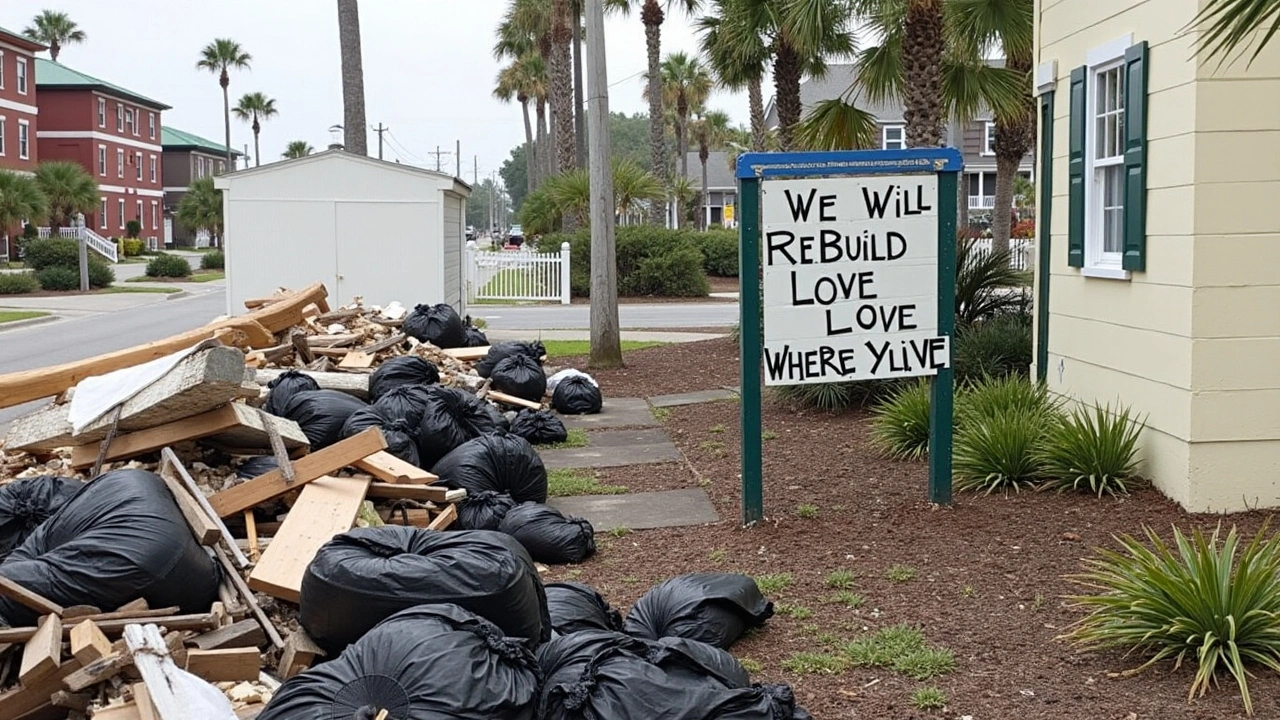Hurricane Preparedness: What to Do Before, During, and After
Hurricanes arrive fast and leave a messy trail. If you want to protect your family and property, focus on three simple things: prepare an emergency kit, make a clear plan, and secure your home. Below are practical steps you can start today—no frills, just what works.
Before the Storm: Prep that really helps
Start early. Don’t wait until warnings are on TV. Pick one weekend to get your supplies and plan in place.
- Emergency kit: 3 days of water (4 litres per person daily), non-perishable food, manual can opener, flashlight, batteries, first-aid kit, essential meds, copies of documents, cash, and phone chargers.
- Car and fuel: Keep your tank at least half full. Park outside on high ground if flooding is possible.
- Pets: Pack food, carrier, leash, vaccination records, and a small pet first-aid kit.
- Documents: Scan IDs, insurance papers, and medical records to cloud storage or a USB stick in a waterproof bag.
- Home checks: Trim loose branches, clear gutters, secure outdoor furniture, and tape won’t help—use shutters or plywood for windows.
- Insurance and updates: Review your policy—flood damage may not be covered. Take photos of valuables and your house before the storm.
Make a simple family plan. Know two evacuation routes and a meeting spot. Share contact numbers and an out-of-area friend as a central check-in point.
During and After: Stay calm and act safe
During the storm, stay inside and away from windows. If officials order an evacuation, leave immediately. Flood water is stronger than you think—avoid driving through it.
If you lose power, conserve phone battery and use flashlights instead of candles to reduce fire risk. If you rely on medical equipment that needs power, arrange a backup battery or relocate to a place with electricity before the outage hits.
After the storm, watch for downed power lines, leaking gas, and weak structures. Don’t re-enter a flooded home until authorities say it’s safe. Photograph any damage for insurance claims and contact your insurer quickly.
Water may be contaminated. Use bottled water or boil tap water for at least one minute before drinking if local officials advise.
One last tip: rehearse your plan. Practice a quick grab-and-go with your kit and run through your evacuation route. Small drills make decision time easier under stress.
Hurricane preparedness isn’t about fear. It’s about a few clear actions that keep people safe and speed recovery. Tackle this checklist now so you’re ready when a storm approaches.
